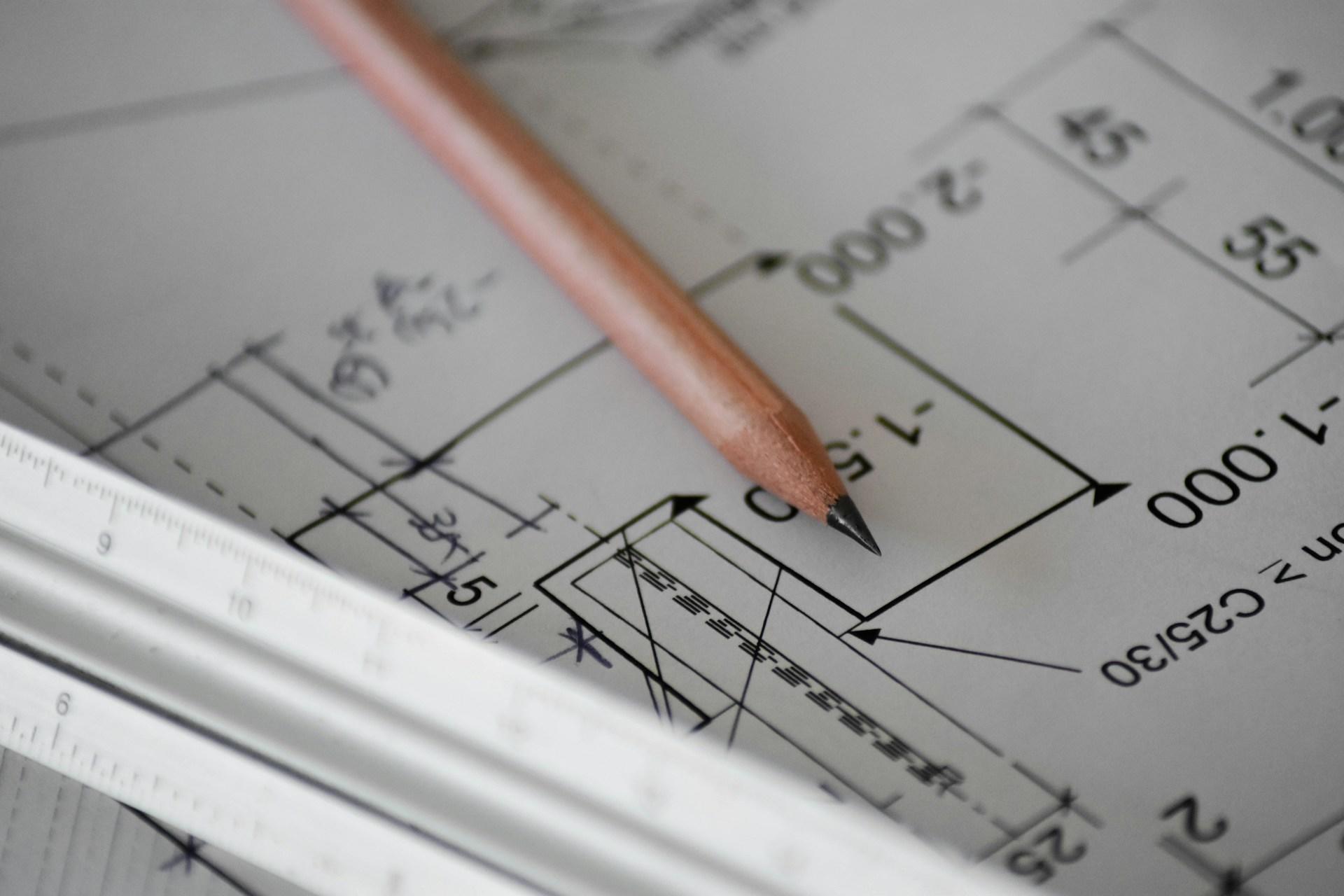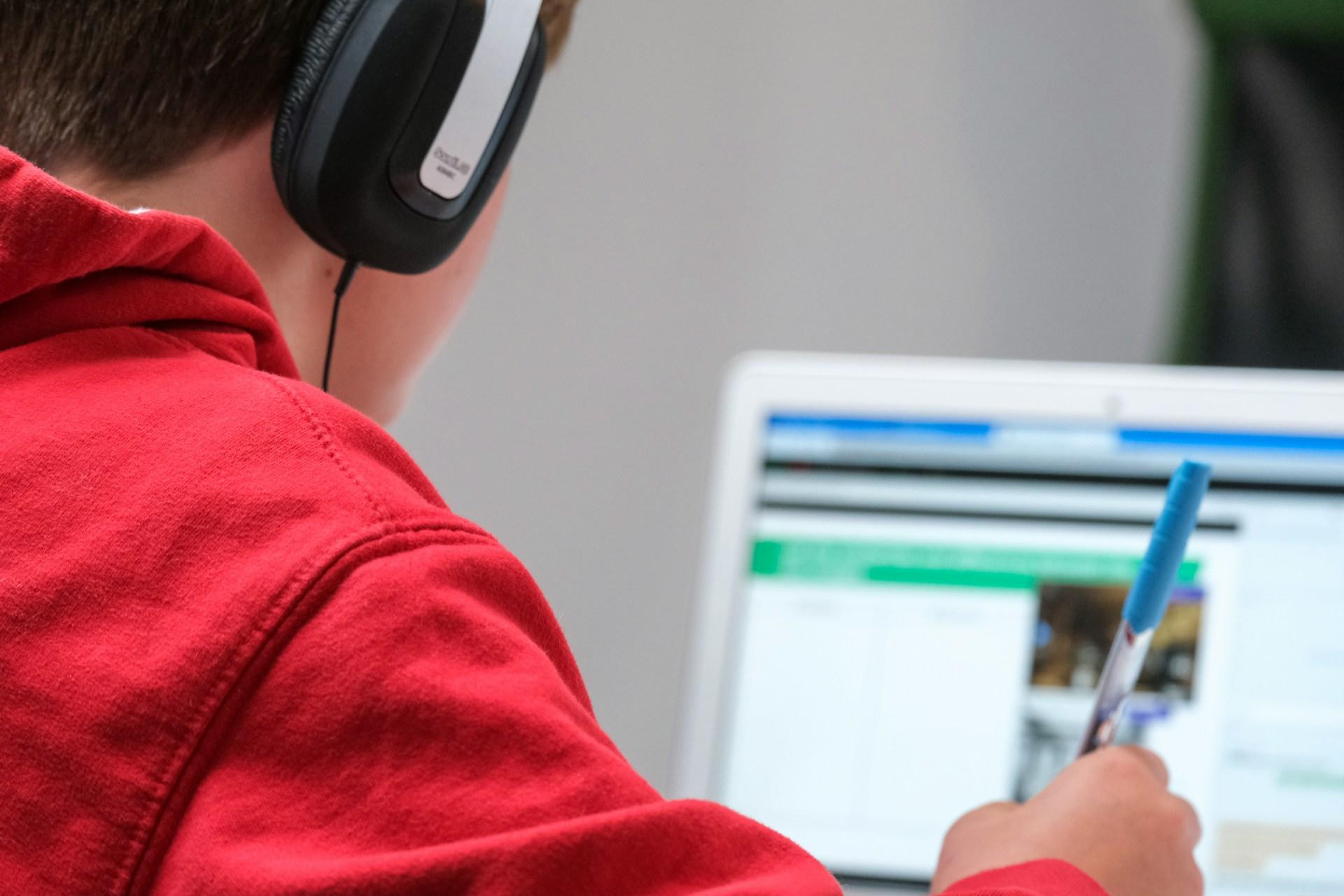"Mathematics as an expression of the human mind reflects the active will, the contemplative reason, and the desire for aesthetic perfection. Its basic elements are logic and intuition, analysis and construction, generality and individuality." -Richard Courant
Maths is a wonderful thing and even though that mightn't seem like the case when you're studying it for your Leaving Cert, our entire modern world is only possible because of it. As a scientific discipline, maths looks to quantify answers and find solutions to problems and for those who enjoy it, this spurs them on.
The concepts of mathematics covered in the Leaving Cert Maths exams mightn't be the most interesting of them, but since these concepts are mostly discovered sequentially and build upon one another, when you study mathematics, you have to walk before you can run.
This doesn't mean that the Leaving Cert Maths syllabus is easy or even boring, but rather that it's a necessary step on your journey to discover the greater mysteries of maths and the topics that get mathematicians excited.
While we certainly accept that maths is beautiful and worthy of study, we also recognise that studying Leaving Cert Maths isn't always the most exciting thing and studying for it can sometimes feel like the last thing you want to do.
It's easier to study if you appreciate why maths is so valuable, but even then, we can certainly understand why students might prefer to do almost anything else.
In this article, we'll look at what Irish students need to know about Leaving Cert Maths and how they can study for their exams.

The Leaving Certificate Grading System and How It Works
Most Irish students will likely have heard of the Leaving Certificate or Leaving Cert without really thinking about how the grading works. If this sounds like you, we're here to explain how it works.
While the most important thing is to know the subjects from the syllabus and how to get the best marks on each exam, it's also useful to know how your Leaving Cert will be marked and graded.

There are three levels of Leaving Cert:
- Higher
- Ordinary
- Foundation
These levels are quite logically named and the foundation level is the lowest level of Leaving Cert. Only two subjects, maths and Irish, can be taken at this level. Every other Leaving Cert subject has to be taken at ordinary or higher level.
The higher the level you take in a subject, the higher the value your results will have and the more post-secondary education options you'll have.
Examiners calculate results in three ways: by percentage, grade, or points awarded. These are then used by the examiners to decide whether or not a student has failed.
A student could be given the highest grade for the Leaving Cert, H1 for getting between 90-100% on their exams and awarded 100 points. The grades and percentages are for teachers, students, and examiners while the points are used by higher education establishments like universities for admissions.
As one of the few mandatory subjects for the Leaving Cert, maths takes on even more importance. By taking higher level maths, students are awarded bonus points to account for the increased complexity of the subject matter.
Preparing for the Leaving Cert Maths Exams and Assessments
Even gifted students may find studying or revising to be boring. However, with the right resources and study tips, you can make it slightly less boring.
These techniques should help you study more effectively for your Leaving Cert Maths exams.

Study Leaving Cert Maths with Past Papers and Problems
For any exam, you're not studying the subject but rather how to pass the assessments and exams. This might sound like the same thing, but there's an important difference: effectively answering the questions.
Even if you know the topics (or "strands" on the Leaving Cert Maths syllabus), you mightn't get the best possible marks because you didn't answer the question exactly how the marking scheme dictates.
To get around this problem, practice makes perfect. Past papers are an excellent way to attempt to answer the same kinds of questions and problems you'll be given during your exams while also training yourself to better manage your time, read questions properly, and give the examiners the exact information they're looking for so you can get top marks!
When you do a past paper, it can help to do it in exam conditions. However, it's OK if you do them with your notes at first if you need to. Ultimately, you should work towards doing full past papers in exam conditions.

Make sure you time yourself and make a note of how long you're taking on each section, managing your time to allocate appropriate amounts of time to the sections according to how many marks are available.
Study the Important Topics Per the Leaving Cert Maths Syllabus
The more past papers you do, the more you'll see the topics that are included in the Leaving Cert Maths exams. However, remember that the syllabus is your best friend for showing you which topics are on the exam you'll be taking, especially if you're using older examples of past papers to study with.
Ask your teachers for information on what's on the exam, look at past papers and sample papers, and, most importantly, consult the syllabus. You can find the Leaving Cert Maths syllabus online and it details the "strands" that are part of the leaving cert.
These strands (or topics) include:
- Strand 1: Statistics and Probability
- Strand 2: Geometry and Trigonometry
- Strand 3: Number
- Strand 4: Algebra
- Strand 5: Functions
How much time you dedicate to each should be a function of how much they're likely to feature on your exams and how difficult you find them.
Don't waste your time reviewing things that you already know. Instead, fixing your mistakes is a quicker way to get more marks.
Review Your Notes from Your Maths Classes
During your classes, you should be taking notes. The simple act of note-taking can help you to remember what you're being taught as you'll form associations between the concepts being taught and the act of making your notes.

If there's something from your maths classes that you don't understand, you can also highlight it to show to your teacher. If you're working with private maths tutors, you can also bring this up with them.
Use Your Calculator Effectively
In the Leaving Cert Maths exams, you're allowed to use a calculator. You're not allowed to use just any calculator, though. There's a list of accepted and permitted calculator models but the most common brands' standard scientific calculators are usually allowed.
Your calculator will be largely ineffective if you don't know how to use it. You should refer to its instruction manual to learn how to use it as it'd be disappointing to lose marks on the exam simply because you didn't know which buttons to press!
As always, ask your teacher if you have any doubts about how to use your calculator. Outside of class, be resourceful and look it up. Even if you've thrown away your instructional manual, you can find copies of manuals on the internet or YouTube tutorials on how to best use your calculator.
Use Quality Online Resources
Since maths is a mandatory Leaving Cert subject and almost every student in Ireland ends up doing it, great resources on studying for it are everywhere.
Whether it's blogs, apps, online games, or practice papers and activities online, you can use these to get the most out of your time spent studying.
Beyond online resources, one of the best resources you can find, both online and off, are private tutors or grinds.
On the Superprof website, you simply need to search for maths tutors and you can start browsing the profiles of the many talented and experienced tutors.

You can get face-to-face, online, or group tutoring. Each has its advantages and disadvantages in terms of teaching approach and cost.
Face-to-face tutoring is usually the most effective but also the most costly. However, every minute of every session is spent teaching you in ways that are adapted to your preferred learning approaches.
Online tutoring normally works out cheaper since the tutors have fewer costs and can schedule more sessions each week. Some students don't learn as effectively online, especially for hands-on subjects, but for academic subjects like mathematics, these can be just as effective as face-to-face tutoring.
Last but not least, group tutoring is usually significantly cheaper. While it does lose some of the advantages of learning one-on-one with a tutor, in smaller groups, students can also learn from one another.
Many of the tutors on the site offer the first session for free so why not try a few out?
Summarise with AI:















